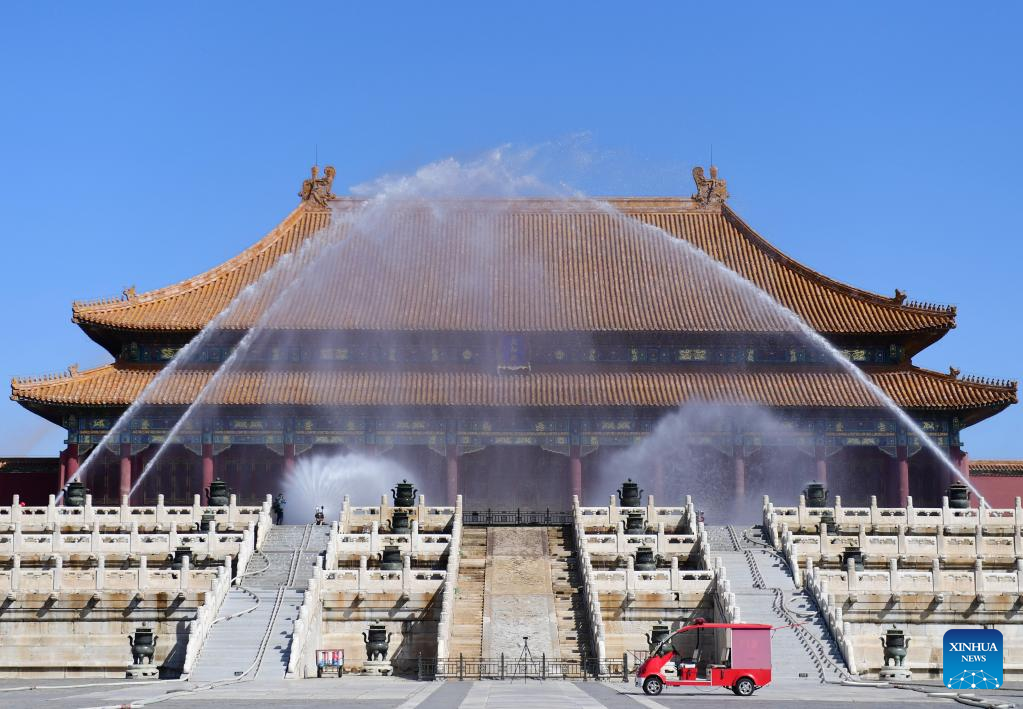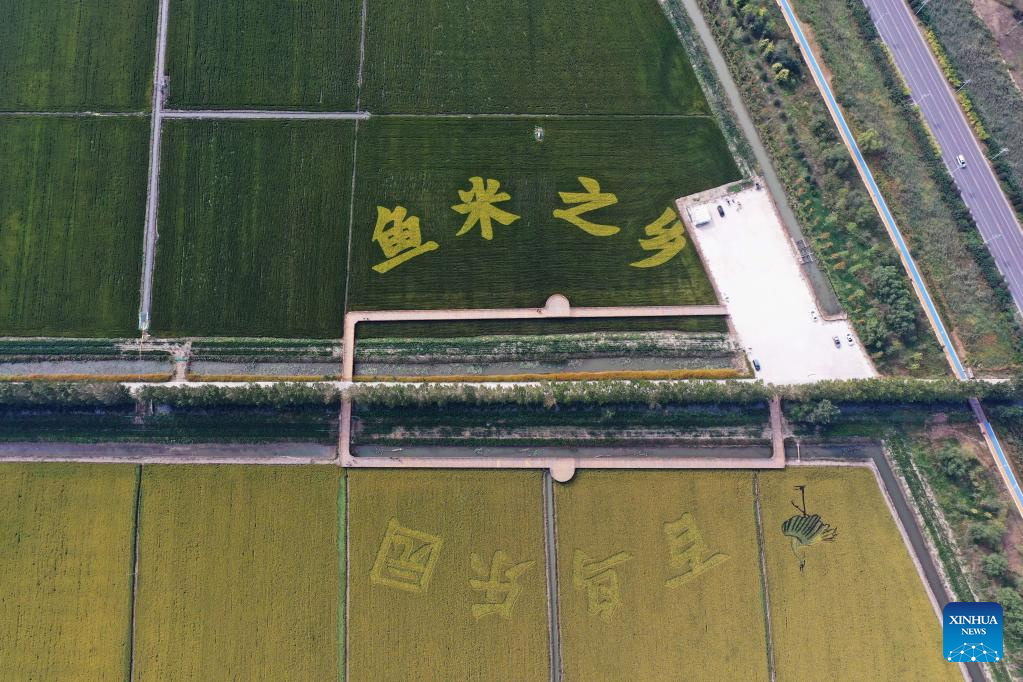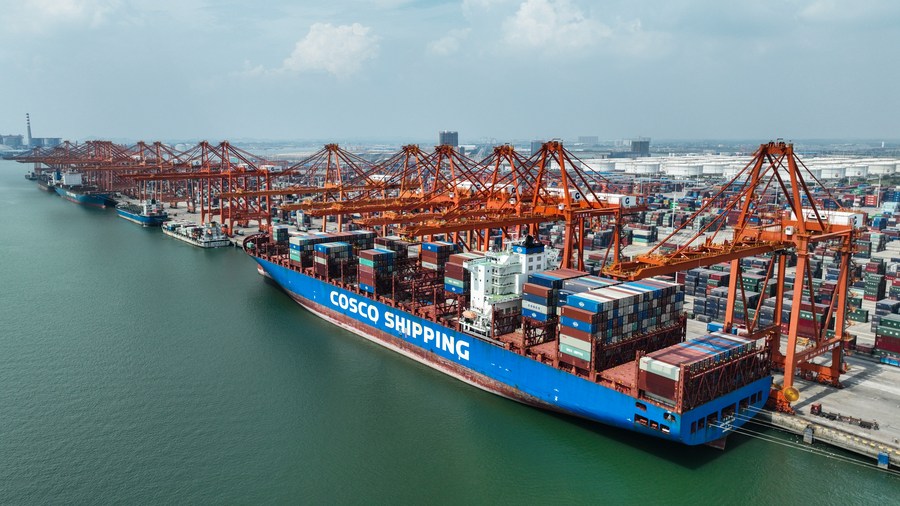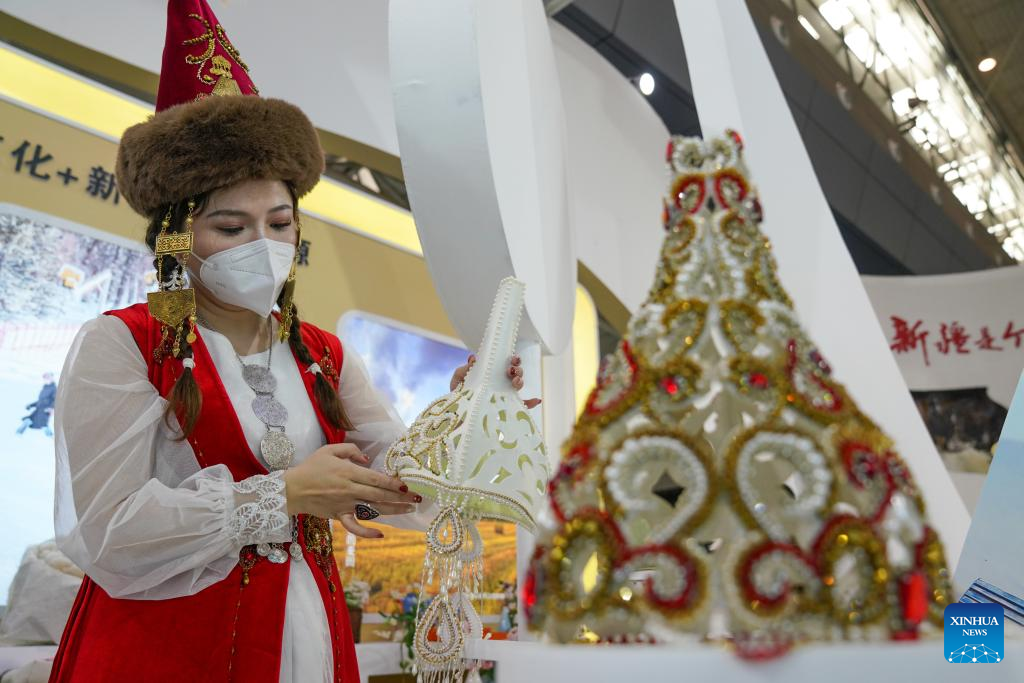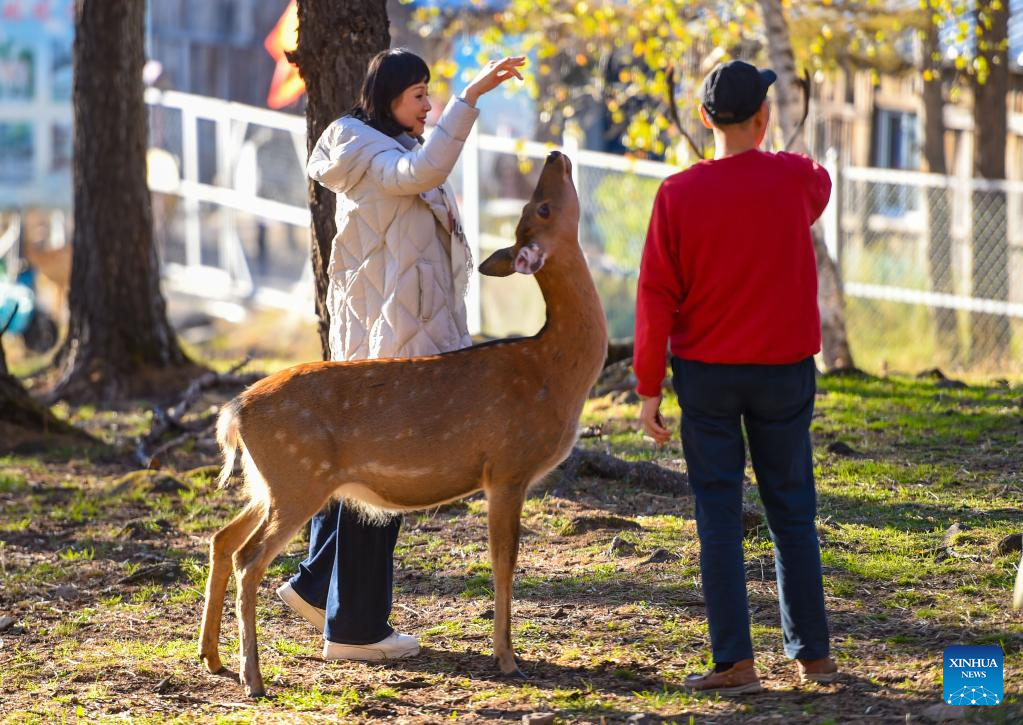
(CFP)
The new video game “Black Myth: Wukong", based on the mythical Monkey King from the classic novel Journey to the West, has become an instant global hit and inspired renewed interest in Chinese culture since its launch on August 20.
In China, Jiangsu Province is a prime destination to explore the heritage of the novel written by Wu Cheng’en of the Ming Dynasty (1368-1644). Professor Cai Tieying from the School of Literature of Huaiyin Normal University praised Jiangsu’s unique and profound culture centering on the Chinese literary classic.
Cai explained that the legendary pilgrimage of Tang Dynasty (618-907) Buddhist monk Xuanzang and his disciples to obtain scriptures was passed down generation by generaion, from folk oral tales to huaben (story scripts) and zaju (a form of Chinese opera) before becoming a household novel through the masterful writing of Wu.
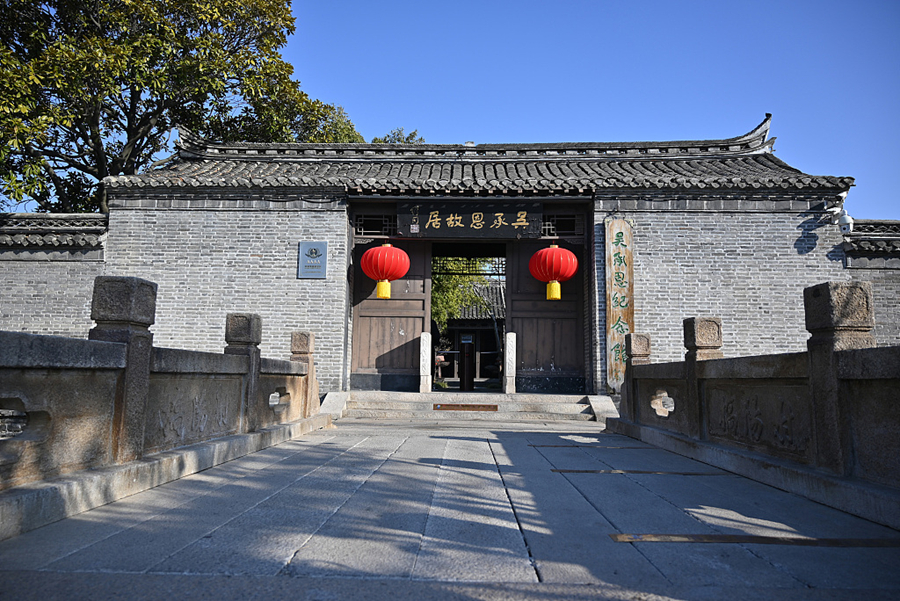
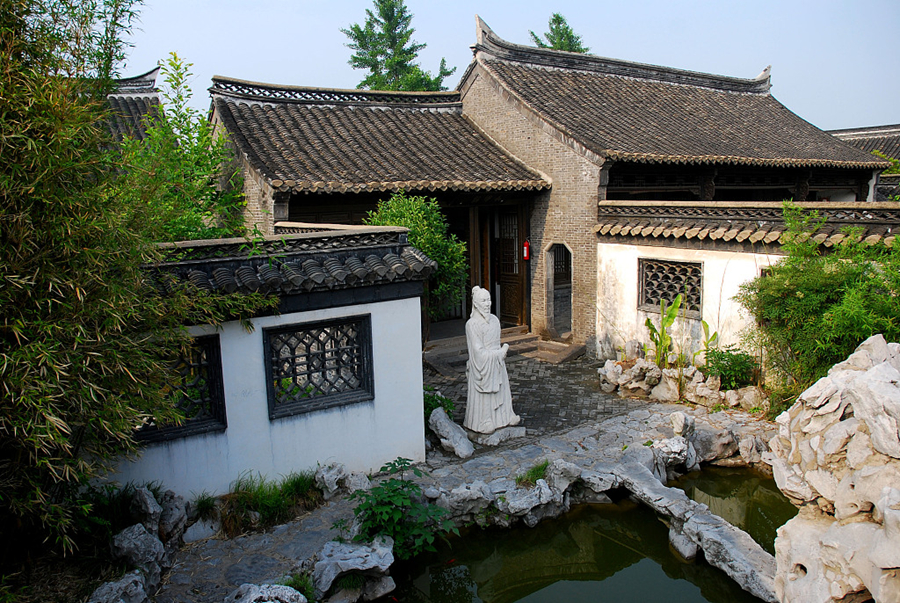

He noted that the ancient town of Hexia in Huai'an City is home to the author’s former residence, which is now a protected provincial cultural heritage site. It is also the only place in China that comprehensively showcases the novel-themed culture and commemorates its author.
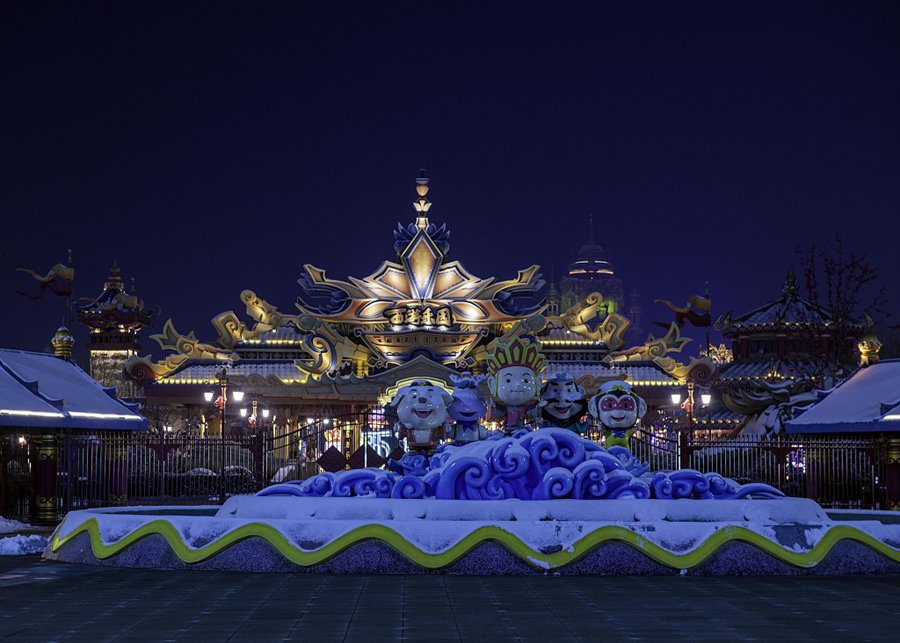
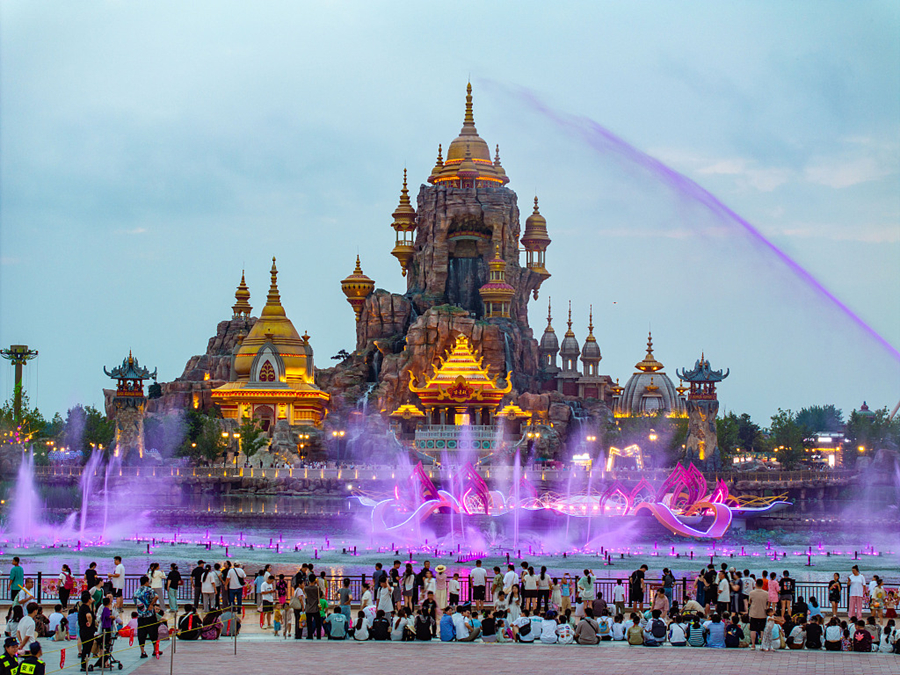
Huai’an also hosts China’s first Journey to the West theme park, which began trial operations in July 2021. The park features the “81 tribulations” that Xuanzang and his disciples overcame during the pilgrimage, and offers interactive opportunities to visitors, such as role-playing and live performances.

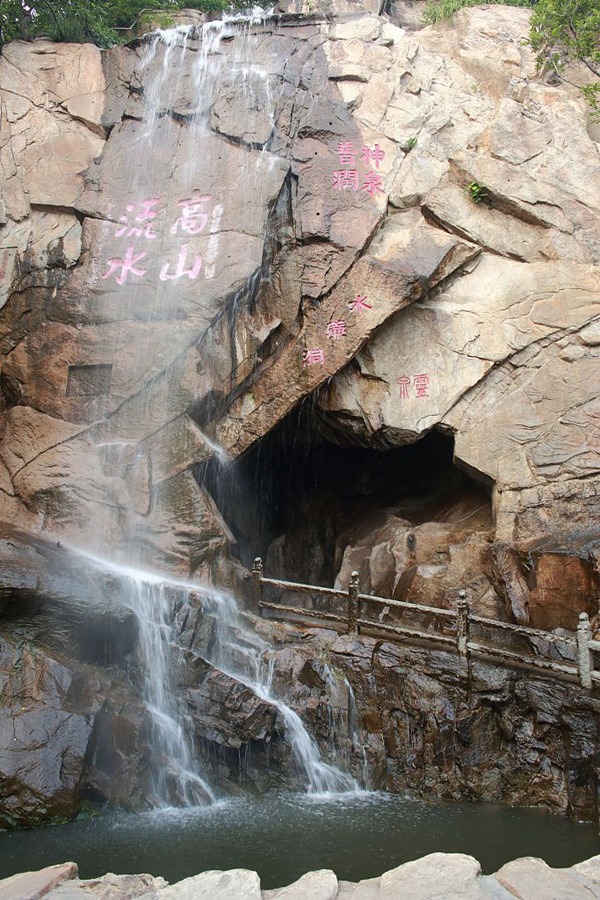
In Lianyungang City, Mount Huaguo, or the Mountain of Flowers and Fruit, is seen as the Monkey King’s hometown, with his images visible everywhere, from stone carvings, souvenirs to bus advertisements. The Mount Huaguo Scenic Area also regularly organizes cultural carnivals, music festivals, and other activities inspired by the novel.

The video game includes a striking episode of the epic battle between Wukong and God Erlang at a place called Guanjiangkou, which some scholars believe corresponds to the Guan River estuary in Guannan County, Lianyungang City. The county’s God Erlang Park is also one of the popular destinations for cultural research related to the novel.

